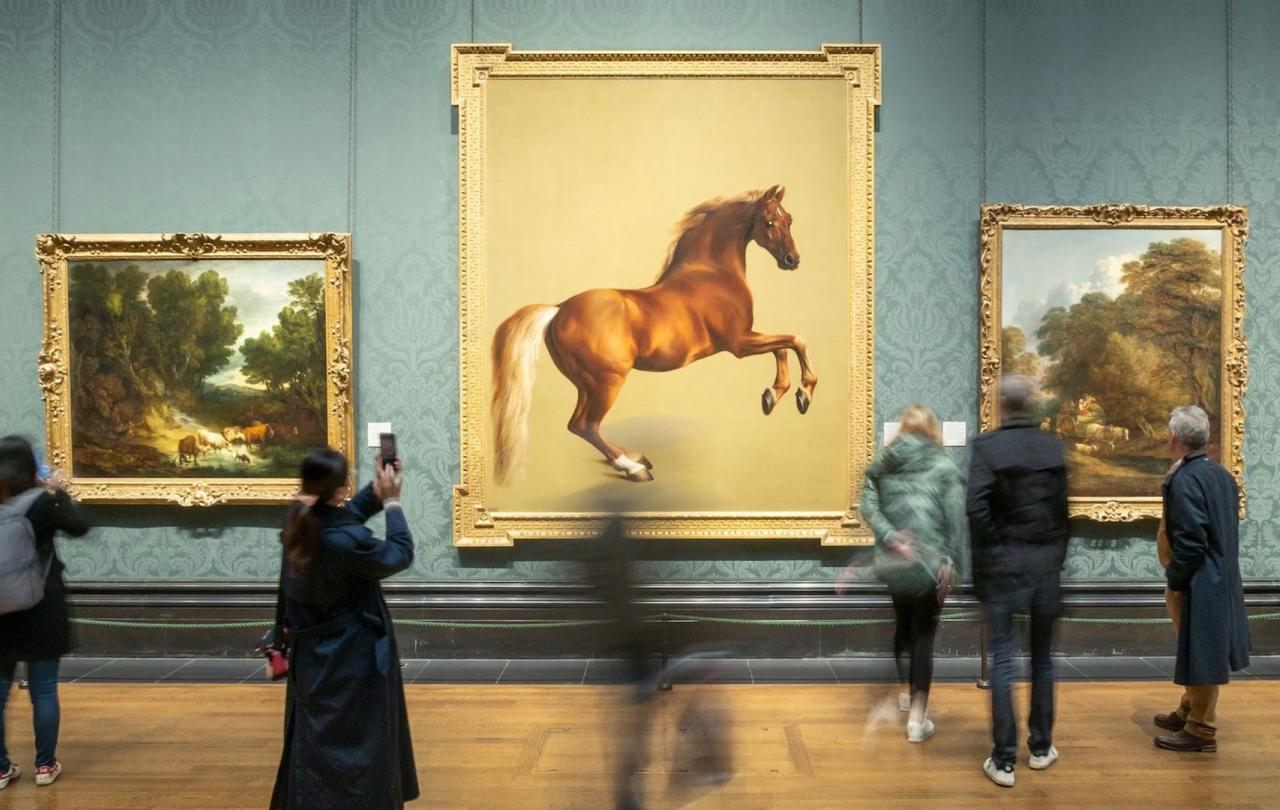
Autumn’s here. I can smell it before I even find a seat. The waft of pumpkin spice lattes hangs in the air of my favourite coffee spot – the unofficial sign, for me at least, that it’s time to wrap up warm.
Personally, I’ll stick to my batch brew coffee, but I get the appeal.
And while these drinks may change with the seasons, the ritual doesn’t. We keep coming back to cafes and coffee shops. To me, it feels as if we’re craving something more than just the caffeine.
Cafes that fail to ride the wave of seasonal trends suffer – as the high street giant Costa found this summer, when it failed to cash in on the TikTok-accelerated bandwagon of matcha lattes as the summer “it” drink and saw profits plummet.
But it’s about more than just what’s on the menu.
Starbucks has just announced plans to close branches across the UK, citing an inability to create the kind of physical environment customers now expect.
Indie cafés, on the other hand, are growing in popularity, with the Observer putting this down to the “lifestyle experience” they offer. This is certainly true, but only half the story. From where I sit, these seasonal drinks appear to be the latest frothy disguise for our very human need for meaningful connection.
Socrates had the agora. We have the café.
Think about it.
Cafes have become shared spaces where people work alone together, catch up with friends, debate, discuss, purchase, and consume. We signal loyalty with stamp cards, publicise our purchases on social media, and even join communities that gather around the cafés – running clubs;, book groups;, new parent meetups.
A sweeping glance from my current table offers an insight into this hive of connectivity.
The walls are home to a temporary art gallery paying homage to local landmarks.
The noticeboard is stacked with volunteering opportunities, mental health classes, indie gig flyers, and an invite to a Halloween party.
A mother attempts to photograph and feed her child a babycino at the same time.
A job interview, or perhaps a painfully awkward first date, unfolds quietly in the corner.
Two young women laugh at last night’s antics.
The barista explains the tasting notes of the latest batch brew to a customer redeeming a fully stamped loyalty card.
An empty chair sits opposite me, waiting for a friend who, I know, will soon be bearing his soul.
It all tells me that cafés have commodified our desire to belong. And we’re more than willing to buy into it.
But I reckon there’s still something missing.
Coffee culture doesn’t just tell us about our habits. It tells us about our humanity. In a world that longs for belonging but can’t stop scrolling, cafés hint at something deeper: that we were made not just for surface-level connection, but for something more lasting.
In ancient Athens, the agora wasn’t just a marketplace or social hub. It provided a context for people to explore big questions of truth, beauty, virtue, and justice. It was the setting for public dialogue and philosophical inquiry. It was noisy, informal, often disruptive but always a space for serious thought.
I’m not suggesting you take a soap box with you on your next caffeine fix. But I do think our modern cafés, for all their cosiness and cinnamon, are agora-like spaces which offer us an opportunity to go deep.
They invite us to pause, to talk, to really think.
Could it be that cafés offer us a place not just to consume or connect, but to consider the unseen things? To get beyond the froth and to the things of real substance?
Over the years, I’ve found cafés can be unexpectedly sacred spaces.
I’ve sat across from friends as they’ve wrestled with doubt, grief, purpose, and belief. And friends have sat across from me as I’ve worked these things through too.
One tells me he’s started going to church, but doesn’t exactly know why.
Another wants to read through a Gospel with me and figure out who Jesus is.
One doesn’t really know who he is any more after a breakdown but is glad for the company.
Another says his doubts about God began when a childhood friend was killed in a car accident.
One wonders if God might be nudging him toward a big move to Cardiff.
None of these conversations happened in a church. They happened here, in spaces designed for comfort but used for something far more courageous.
This isn’t a new idea. Some of the earliest stories about Jesus show him not just teaching in temples, but sitting at tables, sharing meals, asking questions, listening. Real life. Real conversations.
In my line of work, if Jesus does something, it’s advisable to follow suit. And I’ve found doing exactly that immensely rewarding. So much of my own spiritual formation has happened within the confines of a café.
So perhaps the café could be a place where the unseen comes close. Where, over a batch brew or a seasonal latte, you might find yourself not just connected, but known.
Maybe, like my friend, you’re not exactly sure what you believe. Maybe, like many of us, you’re just trying to make sense of it all.
Either way, next time you’re in a café, don’t be afraid to go beyond the froth and get to the stuff with real flavour.
Support Seen & Unseen
Since Spring 2023, our readers have enjoyed over 1,500 articles. All for free.
This is made possible through the generosity of our amazing community of supporters.
If you enjoy Seen & Unseen, would you consider making a gift towards our work?
Do so by joining Behind The Seen. Alongside other benefits, you’ll receive an extra fortnightly email from me sharing my reading and reflections on the ideas that are shaping our times.
Graham Tomlin
Editor-in-Chief





